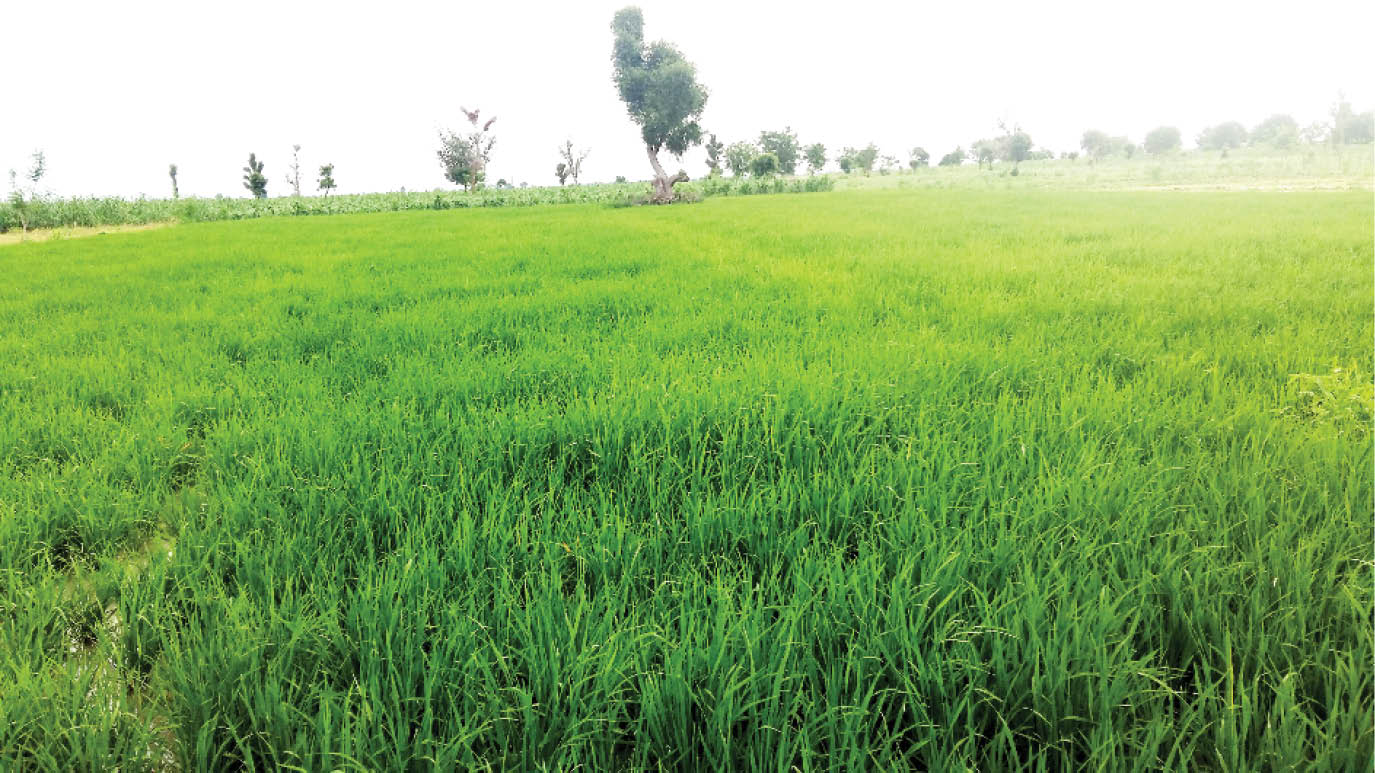When President Muhammadu Buhari pledged to commit billions of naira and dollars to revamp agricultural activities in Nigeria with a view to changing the fortunes of the country and her farmers, wailers in their usual style cried wolf where there was none.
They vehemently opposed it on the premise that it was going to be a wasteful exercise and one that will only enrich its promoters.
- Family members of murdered ISIS fighters repatriated to Abuja
- PODCAST: IDP Camps: A Ticking Time Bomb
Years after the introduction of the Anchor Borrowers’ Programme (ABP) domiciled in the Central Bank of Nigeria (CBN) which was launched by Buhari on November 17, 2015, Nigerian farmers are, today, the largest beneficiaries of the programme.
So far so good, rice production in the country has topped the list with a very encouraging return on investment by government, individual farmers and groups.
The Rice Farmers Association of Nigeria (RIFAN) said the country is in discussion with West African countries for rice exports as its current production capacity can satisfy local demand.
Prior to the coming on stream of the PMB initiative to rejuvenate agriculture through ABP in 2015 in the country especially on Rice farming, we were producing between 1.5 to 2.5 million metric tonnes per annum.
While assuring that Nigeria has enough rice to satisfy local demand, Goronyo said there is a continuous increase in production with the support of CBN’s Anchor Borrowers’ Programme.
It is also on record that Nigerians consume a minimum of 7.5 million metric tons to a maximum of 9.5 million metric tons per annum.
In the words of Goronyo, Nigeria has “more than enough Rice to consume. We have achieved self-sufficiency in rice production. Nigeria is ready to not only feed her citizens but also export the excess rice that we produce”.
Regrettably, the current high cost of rice and other foodstuff in the open market in the midst of availability is a big concern to Nigerians from all walks of life. A number of reasons can be adduced to this misnomer. They include fluctuation of exchange rates and importation of the inputs used in cultivating it and other agricultural commodities.
Musa Ilalla writes from Abuja

 Join Daily Trust WhatsApp Community For Quick Access To News and Happenings Around You.
Join Daily Trust WhatsApp Community For Quick Access To News and Happenings Around You.


